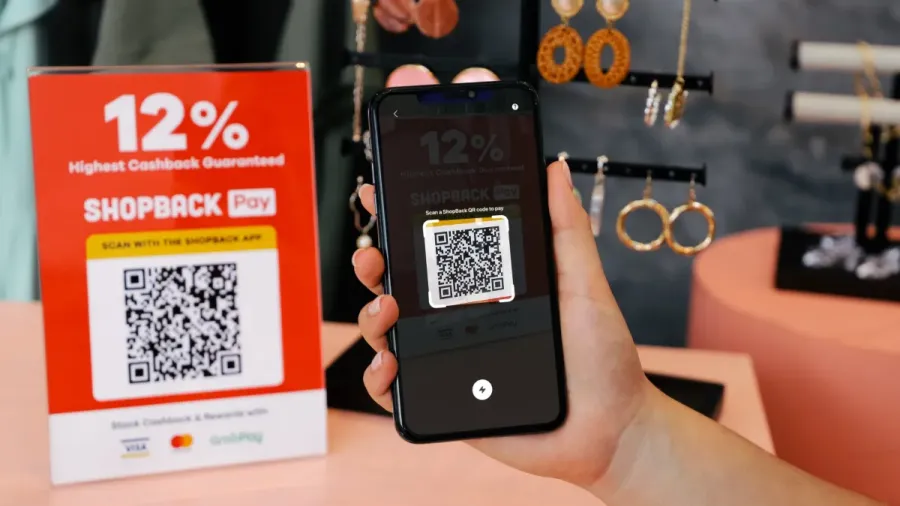
Consumers resist QR codes with trust shifting to AI search tools
Euromonitor noted 37% of consumers report reading nutrition labels closely globally.
Whilst 45% of businesses plan to invest in barcodes and GS1 infrastructure over the next five years, only 27% of consumers prefer QR codes for in-store product discovery, according to market research firm Euromonitor.
In its report, Euromonitor noted 37% of consumers report reading nutrition labels closely globally, and in the UK, 81% say more detailed on-pack information is essential to building trust.
Tesco’s pilot showed that GS1-enabled QR codes can successfully deliver credible nutrition, sustainability, and recycling information in a single scan.
Still, the real breakthrough in product discovery may not be on-pack at all. Euromonitor noted that generative AI is already reshaping how consumers explore and evaluate products.
ChatGPT referrals to e-commerce platforms jumped from 1% in November 2024 to 19% by June 2025, pointing to the rise of conversational search that often bypasses shelves and physical packaging entirely.
This shift makes accurate, structured, and verified product data more important than ever. Consumers continue to prioritise trust and transparency: 64% say they are more likely to buy from brands that are open about sourcing and production.
Whilst UK consumers generally trust brand-provided information, trust in AI tools remains tentative without reliable data backing.
According to Euromonitor, the next frontier for digital product discovery lies in marrying standardised identifiers like GS1 and 2D barcodes with AI-ready, high-integrity data.

















 Advertise
Advertise





